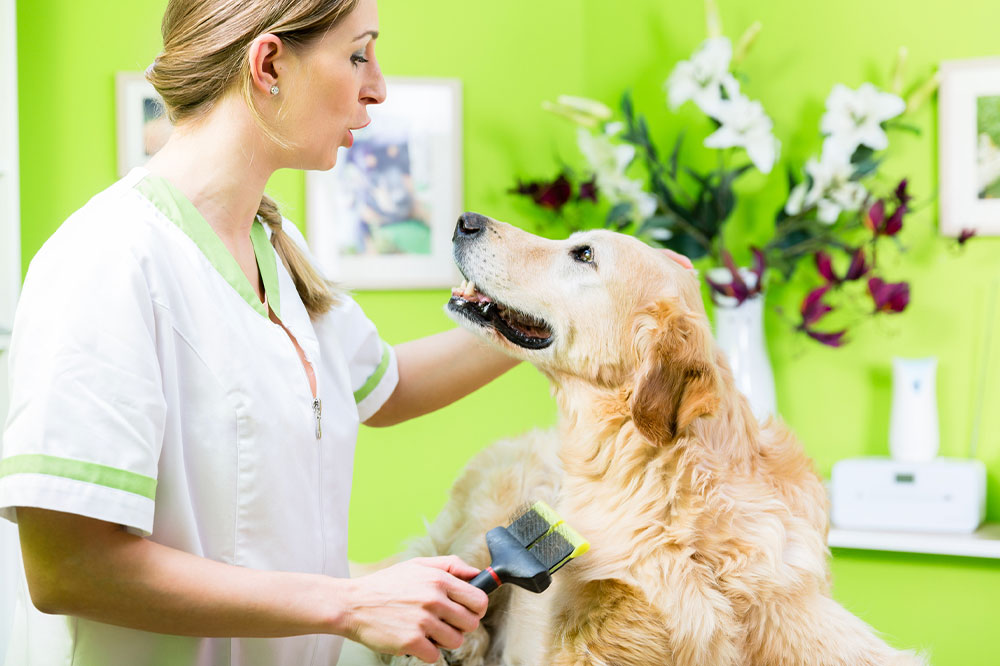7 early signs of inflammatory bowel disease

Inflammatory bowel disease is a term that describes two common disorders of the intestinal tract, including ulcerative colitis and Crohn’s disease. These conditions cause inflammation in the intestines. While Crohn’s disease may affect any part of the gastrointestinal tract from the mouth to the anus, ulcerative colitis may affect any part of the large intestine. Several early signs indicate inflammatory bowel disease, and one should speak to a healthcare expert for immediate diagnosis and management.
Pain in the stomach
One might develop pain in the stomach or experience abdominal discomfort occasionally. The symptoms may surface because one’s digestive system has not agreed with certain foods or because of a stomach infection. But if these symptoms persist and continue to worsen over time, it could signal an inflammatory bowel disease flare. If left untreated, these symptoms could get worse and affect one’s daily lifestyle. One must report unusual pain in the stomach to their healthcare provider for quick diagnosis and treatment.
Nausea and vomiting
Sometimes, one might experience signs like nausea and vomiting after eating. While there can be various causes behind this, it could indicate the onset of inflammatory bowel disease. Crohn’s disease may lead to long-term inflammation that may cause a stricture – narrowing in the small intestine that may lead to a blockage over time. A stricture may prevent food from traveling through the digestive tract, which triggers nausea and vomiting. The stricture may develop gradually, and patients might not realize they suffer from a type of inflammatory bowel disease, such as Crohn’s, for years. But if the signs worsen suddenly, it could mean the stricture has narrowed, and one will require immediate healthcare attention, including surgery.
Rectal bleeding
Blood in the stool, or rectal bleeding, is never a normal sign. An individual with an inflammatory bowel should know that bleeding in ulcerative colitis may arise from the lining of the rectum or large intestine and will be visible in the stool. It typically comes from ulcers that have developed in the lining of the rectum. In the case of Crohn’s disease, complications in the colon or rectum are likely to trigger the symptoms.
Stool urgency
Another common early sign of inflammatory bowel disease is stool urgency. Explosive, urgent stool volume that could affect one’s quality of life is a common indicator of worsening condition. The symptom might require one to use the toilet often to relieve themselves, even if the individual is in between important tasks. Stool urgency might even wake one up in the middle of the night or keep one awake through the night, which might affect one’s sleep schedule. Getting the symptoms checked and initiating a treatment plan could help prevent further complications.
Rashes and joint pain
Persistent lower back pain, discomfort in the wrist or knees, and red patches on the skin are potential early signs of inflammatory bowel disease (IBD). Rashes and joint pain are signs that inflammation linked to IBD may have spread outside the intestine. But, these signs could also be the result of certain other health conditions. A healthcare expert may suggest a colonoscopy to determine the presence of IBD or rule it out.
Fatigue
Fatigue is one of the most reported symptoms by IBD patients. They generally experience a sense of tiredness, exhaustion, and lack of energy. These symptoms may also persist in patients after a good amount of rest at night. Fatigue might be the cause of the body’s response to inflammation. Chemical signals produced during inflammation may act directly on the brain, which results in a general lack of energy and tiredness. Moreover, people with IBD may not have enough healthy red blood cells to carry oxygen to the body’s tissues, which could also trigger such signs.
Gas and bloating
Signs like gas and bloating are concerning for several individuals with IBD. Bloating is when the stomach feels swollen following a meal. Everyone has gas in their system because of eating food, swallowing air, or drinking. But, in IBD complications like Crohn’s disease, the food may sometimes not get absorbed properly by the small intestine. As a result, the undigested food may reach the colon, and the bacteria that is supposed to help digest the food may produce more gas. Some people with Crohn’s disease are also lactose intolerant, which could make it difficult for them to digest lactose . So, when they intake something that contains lactose, it could produce gas.









